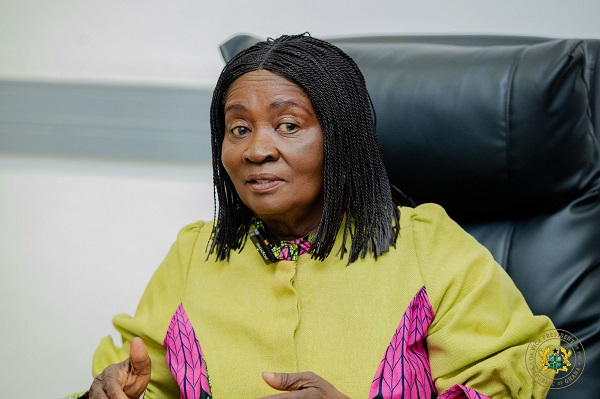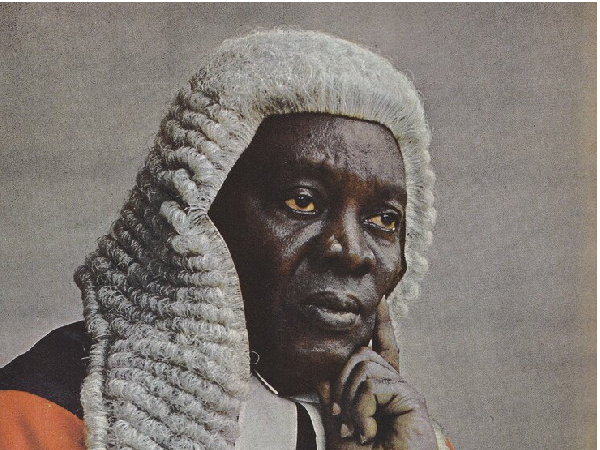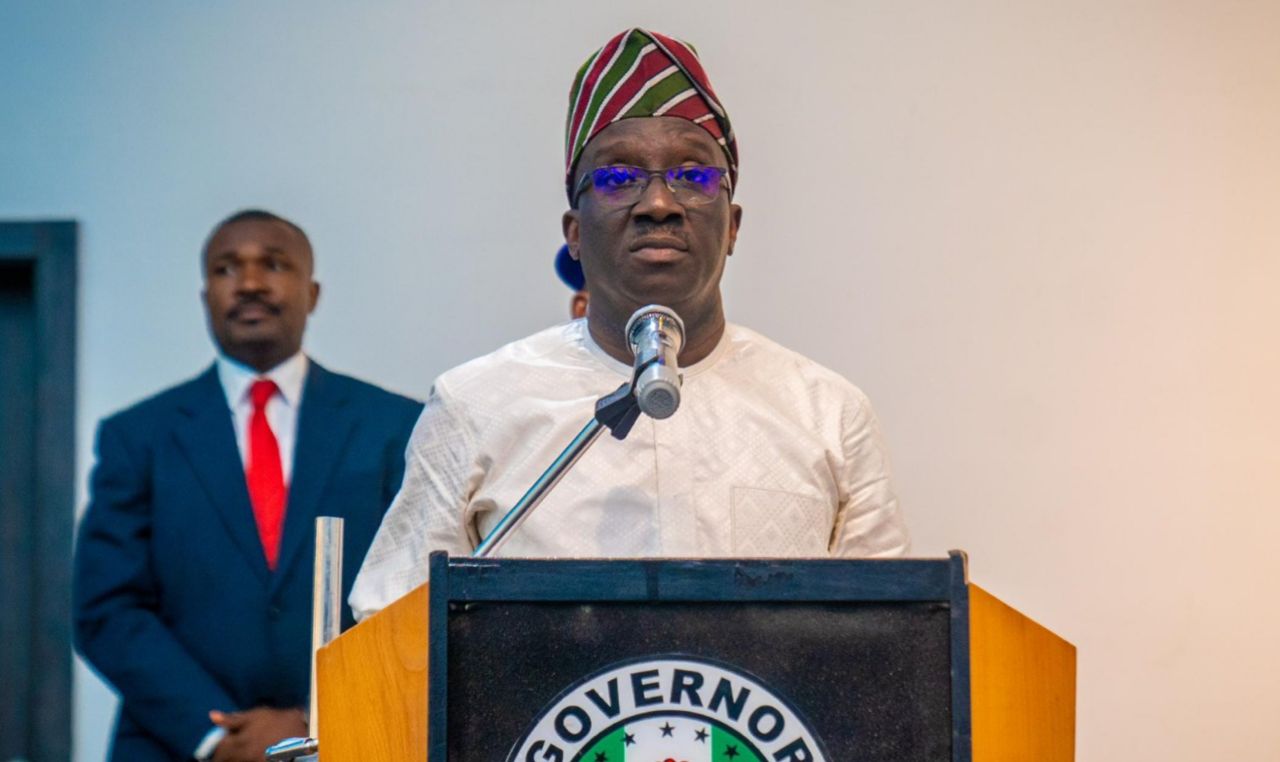Oshodi Open: Balancing Faith And Security In EFCC Operations
The Economic and Financial Crimes Commission (EFCC) plays a critical role in Nigeria's fight against corruption, financial crimes, and money laundering. The agency is responsible for investigating, prosecuting, and enforcing laws against corruption and financial crimes. However, its operatives face significant challenges, particularly regarding their safety and well-being while carrying out high-risk operations. Addressing these security needs has become a pressing issue for many operatives.
In the wake of the tragic death of EFCC Officer Aminu Sahabi Salisu during a raid in Anambra State, EFCC Chairman, Mr. Ola Olukoyede, called on operatives to fast and pray, reflecting both his religious background and the cultural context of faith-based leadership in African societies. While this call for spiritual support is understandable and a reflection of the Chairman’s commitment to his operatives' well-being, it is essential to emphasize that such spiritual guidance should remain voluntary and not take the place of material and practical security measures that are necessary to protect the operatives on the front lines.
Many operatives have raised concerns about inadequate safety protocols during high-risk operations. These include the lack of essential protective gear such as bulletproof vests, night vision goggles, and increased protection during night operations. While the Chairman’s call for prayer is commendable, it must be accompanied by concrete actions to address these urgent security concerns. Operatives need to feel confident in their physical safety to effectively perform their duties in the fight against corruption.
To ensure the well-being of EFCC operatives, both spiritually and physically, the agency must address their security needs with a clear and practical approach. While faith-based support can play a significant role in maintaining morale, the EFCC should prioritize providing operatives with necessary protective gear, including bulletproof vests, helmets, and night vision equipment. These materials are essential for ensuring the safety of personnel during dangerous operations.
Additionally, improving working conditions and ensuring operatives have reliable communication tools, such as secure mobile devices linked to the EFCC's central command, will help streamline operations and allow for better coordination. By taking tangible steps to improve both the physical safety and operational readiness of the EFCC team, the Chairman can further strengthen his leadership and support for operatives in the field.
Chairman, my team and I are committed to supporting efforts that enhance professionalism and accountability in Nigeria’s security sector. Through thoughtfully designed workshops and training sessions, we aim to provide insights and strategies to strengthen the capacity of law enforcement and security personnel, contributing to broader institutional reforms and improved governance.
Chairman Ola Olukoyede’s leadership is pivotal in navigating this complex situation. His call for spiritual support highlights his commitment to maintaining the morale and faith of his operatives. However, it is equally important that the Chairman ensures the physical needs of the operatives are met, particularly regarding their safety during operations. By balancing both faith-based encouragement and practical support, the Chairman can foster a more supportive environment, enabling operatives to perform their duties safely and effectively.
The tragic loss of Officer Salisu and the Chairman’s call for prayer underscore the importance of striking a balance between faith-based leadership and the practical security needs of EFCC operatives. While prayer and spiritual support can provide strength, it is critical that the EFCC leadership also addresses the material needs of the operatives, ensuring their safety is prioritized. By providing the necessary protective gear and improving operational conditions, the EFCC can enhance the morale, effectiveness, and safety of its personnel, ultimately strengthening its ability to combat corruption and achieve lasting success.
Oshodi Open Public Training (OOPT, pronounced opit) is a public awareness initiative dedicated to promoting transparency, accountability, and integrity in Nigeria. By providing impactful articles, OOPT educates and informs the public about the significance of ethical governance. Additionally, it offers Timely Response Solutions (TRS) training, which addresses urgent and critical challenges within institutions or among officials. This focused approach ensures swift interventions that improve both organizational efficiency and individual performance.
As an accomplished author, Professor Oshodi has written extensively on African governance and social challenges. He is also the founder of the Psychoafricalysis theory in psychology, a groundbreaking contribution to the discipline.
A former Secretary-General of the Nigeria Psychological Association (NPA), Professor Oshodi’s work continues to influence psychology, governance, and public policy, leaving an enduring impact both in Africa and globally.
Disclaimer: "The views expressed on this site are those of the contributors or columnists, and do not necessarily reflect TheNigerianVoice’s position. TheNigerianVoice will not be responsible or liable for any inaccurate or incorrect statements in the contributions or columns here."








